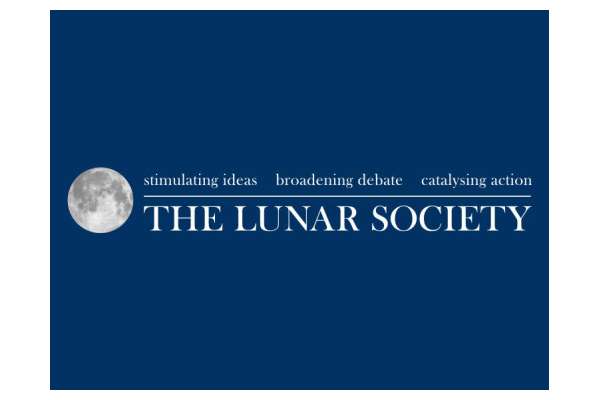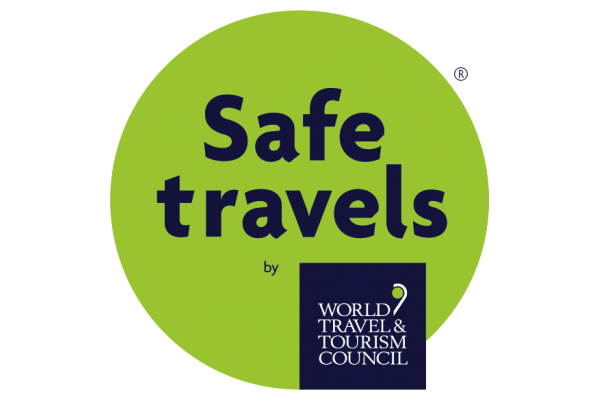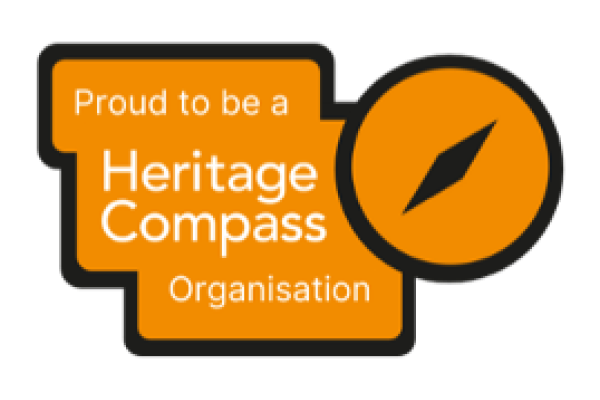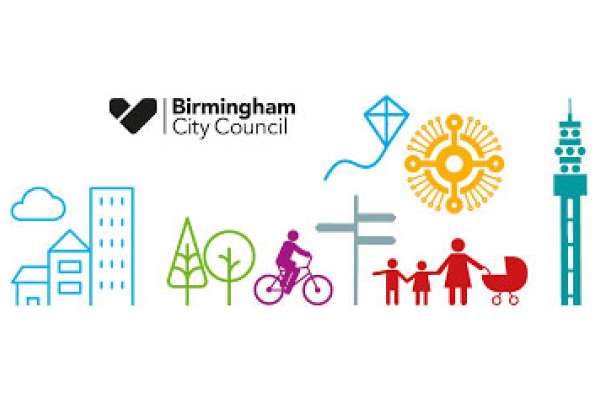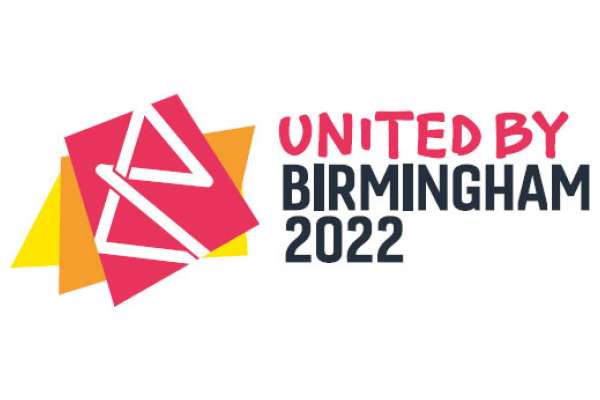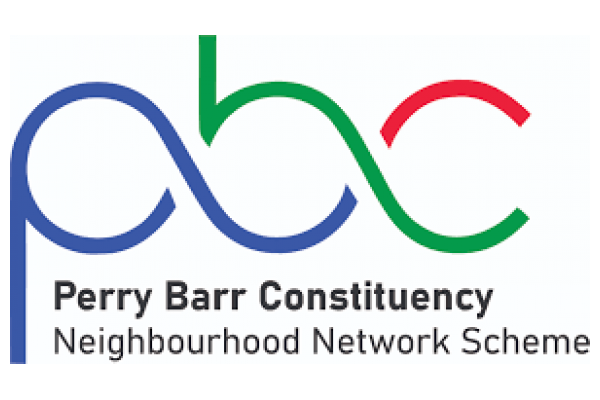Black Heritage Walks Network CIC will be the Birmingham partner for the delivery of a national PAC 45 80th Anniversary and the 50th Anniversary of Nkrumah book Last Stages of Imperialism, taking place in October 2025.
1945 Pan- African Congress
The Pan-African Congress (PAC) was a series of eight meetings which took place on the back of the Pan-African Conference held in London in 1900. The Pan-African Congress gained a reputation as a peacemaker for decolonization in Africa and in the West Indies. It made a significant advance for the Pan-African cause. One of the group's major demands was to end colonial rule and racial discrimination.
The congresses took place in order: 1919 in Paris; 1921 in Brussels, London and Paris; 1923 in Lisbon and London; 1927 in New York City; 1945 in Manchester; 1974 in Dar es Salaam; 1994 in Kampala; and 2014 in Johannesburg.
In 1945 the Fifth Pan-African Congress was held at the Chorlton-on-Medlock Town Hall, Manchester, United Kingdom, between the 15 and 21 October 1945. Although forming a part of a larger Pan-African movement at the beginning of the century, this event was organised by people in Manchester, and they brought in the people from all over the world. While the previous four congresses had involved predominantly members of the African diaspora, including those in the United Kingdom, Afro-Caribbeans and Afro-America the fifth included more representatives from the African continent.
The Fifth Congress had a larger profile than the first four PACs. At the end of World War II, around 700 million people lived under imperial rule and were 'subject people', with no freedoms, no parliaments, no democracy, and no trade unions to protect workers. Many felt betrayed after being promised movement towards self-government if they fought for European colonial powers during the First World War – only to have such promises later denied so a new militancy had emerged with demands for decolonization as well as condemning imperialism, racial discrimination, and capitalism.
1965 was also an astonishing year also. It will be the centenary year of Patrice Lumumba’s birth. We must make 2025 momentous!.....
Here are some of the things which took place in 1965
• January 14 – The Prime Minister of Northern Ireland and the Taoiseach of the Republic of Ireland meet for the first time in 43 years.
• January 20 - Lyndon B. Johnson is sworn in for a full term as President of the United States.
• January 30 – The state funeral of Sir Winston Churchill takes place in London with the largest assembly of dignitaries in the world until the 2005 funeral of Pope John Paul II.
• February 12 – The African and Malagasy Common Organization (Organization Commune Africaine et Malgache; OCAM) is formed as successor to the Afro-Malagasy Union for Economic Cooperation (Union Africaine et Malgache de Cooperation Economique; UAMCE), formerly the African and Malagasy Union (Union Africaine et Malgache; UAM).
• February 18 – The Gambia becomes independent from the United Kingdom.
• February 21 – Malcolm X is gunned down while giving a speech at the Audubon Ballroom in Harlem.
• March 7 Mass in the Catholic Church worldwide is said in local languages (rather than Latin) for the first time.
• March 7 - "Bloody Sunday": Some 200 Alabama State Troopers attack 525 civil rights demonstrators in Selma, Alabama, as they attempt to march to the state capitol of Montgomery.
• March 9 – The "Turnaround Tuesday" march from Selma to Montgomery, Alabama, under the leadership of Martin Luther King Jr., stops at the site of "Bloody Sunday", to hold a prayer service and return to Selma, in obedience to a court restraining order. On the same day, White supremacists attack three white ministers, leaving Unitarian Universalist minister James J. Reeb in a coma.
• March 25 – Martin Luther King Jr. and 25,000 civil rights activists successfully end the 4-day march from Selma, Alabama, to the capitol in Montgomery.
• April 24 - In the Dominican Republic, officers and civilians loyal to deposed President Juan Bosch mutiny against the right-wing junta running the country, setting up a provisional government. Forces loyal to the deposed military-imposed government stage a countercoup the next day, and civil war breaks out, although the new government retains its hold on power.
• Muhammad Ali knocks out Sonny Liston in the first round of their championship rematch with the "Phantom Punch" at the Central Maine Civic Center in Lewiston.
• June 20 – Police in Algiers break up demonstrations by people who have taken to the streets chanting slogans in support of deposed President Ahmed Ben Bella.
• July – The Commonwealth secretariat is created.
• July 30 – War on Poverty: U.S. President Lyndon B. Johnson signs the Social Security Act of 1965 into law, establishing Medicare and Medicaid.
• August 11 – The Watts riots, sometimes referred to as the Watts Rebellion or Watts Uprising, took place in the Watts neighbourhood and its surrounding areas of Los Angeles from August 11 to 16, 1965. On August 11, 1965, Marquette Frye, a 21-year-old African-American man, was pulled over for drunken driving
• •
• September 21 – Gambia, Maldives and Singapore are admitted as members of the United Nations.
• Fidel Castro announces that anyone who wants to can emigrate to the United States.
• October 3 – Fidel Castro announces that Che Guevara has resigned and left Cuba.
• The U.N. General Council recommends that the United Kingdom try everything to stop a rebellion in Rhodesia.
• October 13 – Congo President Joseph Kasavubu fires Prime Minister Moise Tshombe and forms a provisional government, with Évariste Kimba in a leading position.
• *The Organization of African Unity* meets in Accra, Ghana. One of the main heads for OAU's establishment was Kwame Nkrumah of Ghana. It was during the OAU summit in October 1965 in Accra when Nkrumah presented each delegate with a copy of NEOCOLONIALISM: The Last Stage of Imperialism, which had just come out of the press.
• October 22 - African countries demand that the United Kingdom use force to prevent Rhodesia from declaring unilateral independence. Colonel Christophe Soglo stages a second coup in Dahomey.
• .
• November 5 – Martial law is announced in Rhodesia. The United Nations General Assembly accepts British intent to use force against Rhodesia if necessary by a vote of 82–9.
• November 6 – Freedom Flights begin: Cuba and the United States formally agree to start an airlift for Cubans who want to go to the United States (by 1971, 250,000 Cubans take advantage of this program).
• November 11In Rhodesia (modern-day Zimbabwe), the white-minority government of Ian Smith unilaterally declares de facto independence ('UDI').
• November 12 – A UN Security Council resolution (voted 10–0) recommends that other countries not recognize independent Rhodesia.
• November 20 – The United Nations Security Council recommends that all states stop trading with Rhodesia.
• November 22 – The United Nations Development Programme (UNDP) is established as a specialized agency of the United Nations.
• November 24 – Congolese lieutenant general Mobutu ousts Joseph Kasavubu and declares himself president.
• December 8 Rhodesian prime minister Ian Smith warns that Rhodesia will resist a trade embargo by neighbouring countries with force.
• December 8 The Race Relations Act becomes the first legislation to address racial discrimination in the UK.
• December 10 - A Patch of Blue (arguably a prequel for “Guess Who's Coming to Dinner”) is a 1965 American drama film directed by Guy Green about the friendship between an educated black man (played by Sidney Poitier) and an illiterate, blind, white 18-year-old girl (played by Elizabeth Hartman in her film debut), and the problems that plague their friendship in a racially divided America. Made in 1965 against the backdrop of the growing civil rights movement, the film explores racism while playing on the idea that "love is blind."
• December 15 - The Caribbean Free Trade Association (CARIFTA) is formed.
• December 20 – The World Food Programme is made a permanent agency of the United Nations.
• December 20 – The United Nations adopts the International Convention on the Elimination of All Forms of Racial Discrimination.
• President Kenneth Kaunda of Zambia announces that Zambia and the United Kingdom have agreed on a deadline before which the Rhodesian white government should be ousted.
• December 31 – Bokassa takes power in the Central African Republic.









